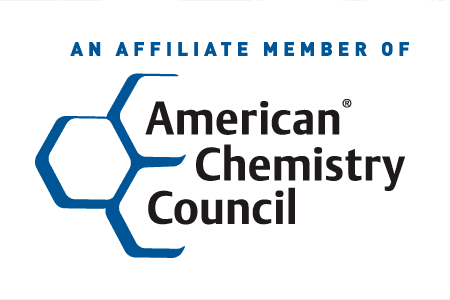By McGriff Insurance Services
Q: We have an employee that presently covers his family under a High Deductible Health Plan (HDHP) and is making the maximum family level contribution into an HSA. The employee’s spouse will turn 65 next July and will then be covered under Medicare Part How does the spouse’s Medicare enrollment affect our employee’s HSA eligibility and maximum contribution levels?
A: We know that in order to be eligible to make or have tax-favored contributions made on his or her behalf to a health savings account (HSA) an individual must be enrolled in a qualified High Deductible Health Plan (HDHP) and no other disqualifying or impermissible coverage. An individual who is entitled to Medicare benefits is not eligible for HSA contributions. In order to be entitled to Medicare, an individual must generally be both eligible and enrolled – eligibility for Medicare alone will not render an individual ineligible for HSA contributions.
While it seems counterintuitive in light of the information above, there is generally no impact on an employee’s ability to make or have HSA contributions made on his or her behalf if his or her spouse is enrolled in Medicare. Click here to learn more!
Anne Hensley, JD
ERISA & Employee Benefits Consultant
McGriff Insurance Services
Adding an HSA
Q: Our company currently sponsors a group health plan and also offers a health flexible spending account (Health FSA) under our Section 125 cafeteria plan. The Health FSA includes the permitted $500 carryover provision. Our broker recommends that we add a high deductible health plan (HDHP) next year and also suggests that we offer health savings accounts (HSAs) in connection with the HDHP. What issues should we be thinking about if we decide to offer an HDHP paired with an HSA for the next year in addition to our current group health plan and Health FSA?
A: Careful planning should be done prior to the
implementation of an HDHP paired with an HSA to avoid pitfalls that can cause participants to be ineligible to make or receive HSA contributions. Additionally, it is very important to realize that HSAs do not operate the same way as Health FSAs.
Issues to be considered include:
- Understanding the significant differences in HSAs as compared to Health FSAs;
- Deciding whether to assist in offering the HSA or simply have participants obtain their own HSA;
- Avoiding creating a plan subject to ERISA;
- Amending the IRS Section 125 plan to add the HSA benefit so that employee contributions can be made on a pretax basis (and to come within the Section 125 nondiscrimination rules instead of the HSA comparability rules);
- Deciding whether an employer HSA contribution will be made, if any, and how and when the contribution will made;
- Understanding and educating employees about impermissible disqualifying coverage, including general purpose Health FSAs with grace periods or carryovers as disqualifying coverage;
- Insuring that any embedded individual deductible for family coverage in the HDHP is at least at the minimum family deductible level to be HSA compatible; and
- Insuring that there is an embedded individual maximum out of pocket(MOOP) limit for family coverage for an ACA non-grandfathered plant hat is less than the ACA individual MOOP
Allison Grimm, JD
ERISA & Employee Benefits Consultant
McGriff Insurance Services




